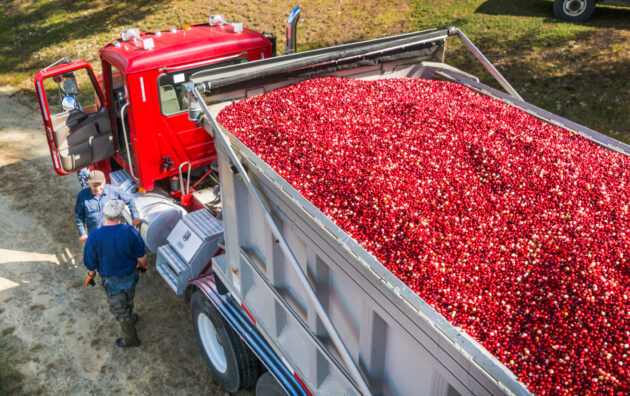Produce haulers can resolve disputes with a membership
Depending upon your position in the transportation industry, it is worth considering membership in the Fruit and Vegetable Dispute Resolution Corporation (DRC).
The DRC is a not-for-profit organization that provides dispute resolution services for parties in Canada or the United States that are involved in transporting fresh produce. Its trading rules apply automatically when two or more members are in a dispute, and its awards are enforceable by a court order if necessary.

The DRC was established in 2000 in connection with the signing of the North America Free Trade Agreement (NAFTA).
While membership is voluntary in many circumstances, it is actually mandatory for certain fruit and vegetable dealers pursuant to section 122 of the Safe Food for Canadians Regulations.
Members include shippers, dealers, brokers, carriers, and transportation intermediaries, among others.
The DRC publishes rules and guidelines, including its trading standards (i.e. commercial standards), and transportation standards that include “good temperature guidelines” for fresh cargo.
This institution is particularly well suited to help carriers resolve unpaid freight disputes. Its services may be less suited to those whose disputes may be more complicated; or who may wish to rely on their own contractual terms rather than the DRC guidelines; or who may wish to preserve their entitlement to go to court. On the other hand, the process has the benefit of keeping disputes out of the public eye.
The DRC is able to provide independence and impartiality, including the appointment process for an arbitrator. However, the DRC’s decisions are not published and have no precedential value like a judicial decision from a court.
Panelists are not necessarily legally trained – in fact, most are not – but they are all experts in the transportation industry. Compared to judicial processes, DRC arbitrations are significantly quicker and cheaper, too.
Procedurally, the DRC provides a forum to attempt mediation as a first step, if the parties are agreeable to it. If they are not agreeable, or if mediation is unsuccessful, then formal binding arbitration is required.
In keeping with its goals of speed and cost-efficiency, DRC proceedings are generally based on paper records, particularly for matters under $15,000. The decision is often made on the basis of nothing more than the pleadings, together with any written witness statements or other relevant documents. For claims between $15,000 and $50,000, one of the parties must request a hearing, or the arbitrator must be of the opinion that a hearing is required, or else no hearing will be provided. Only larger matters over $50,000 are presumptively entitled to a hearing.
Given the streamlined process, lawyers are not required, although any party is entitled to be represented by a lawyer. Statistics are not published, but experience indicates that most parties are either unrepresented or they keep their counsel hidden in the background.
All in all, membership is worthy of consideration by any truck transportation company involved in the movement of fresh cargo, particularly if it is transporting a significant volume of such goods.
Have your say
This is a moderated forum. Comments will no longer be published unless they are accompanied by a first and last name and a verifiable email address. (Today's Trucking will not publish or share the email address.) Profane language and content deemed to be libelous, racist, or threatening in nature will not be published under any circumstances.